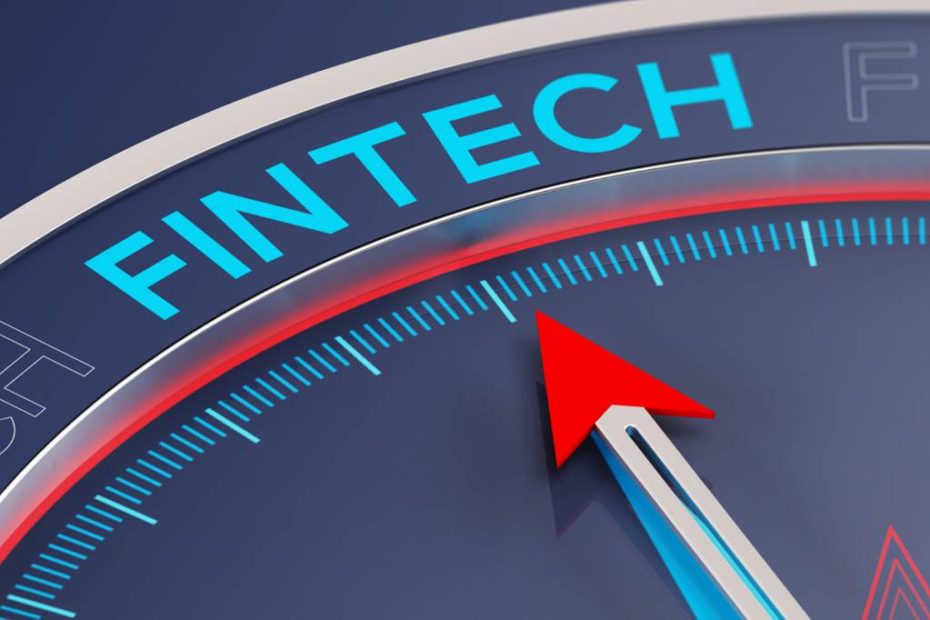How Banks Are Joining Hands With Fintech Players

With the evolution of technology, digitization has touched almost all industries including the banking sector. Everything, from money transactions to banks themselves, have become digital.
FinTech basically refers to Financial Technology. FinTech was developed in the 1950’s and although it is not a recent phenomenon, it is considered to be a fairly modern movement. We ought to thank FinTech for credit cards, internet banking and contactless payment technology.
Conventionally, standardized banking software was used in banks for handling customer databases, executing payments & money transactions and handling accounts. Today, with the incorporation of FinTech, banking has transformed into an accessible portal which the customers can utilize anywhere. FinTech has become increasingly popular over the past few years because they provide more convenient options to the users to execute financial transactions as opposed to personally going to the bank for the same.
With the innumerable benefits provided by FinTech, the banks have a good reason to join hands with them. Banks have started investing in financial technology, have set up FinTech units within their establishments and started partnering with FinTech firms. This is a profitable deal for FinTech too. The most import asset of the bank is the trust of their customers, which they have earned over decades. This trust coupled with the FinTech innovation is a valuable combination. Also, FinTech can use the wide customer base and various products of the bank to their advantage and develop new user friendly products based on customer needs.
A transactional solution called Digital Escrow is one such brainchild of Financial Technology. Traditionally, the opening of an Escrow account was tiresome and involved banks and lawyers. But with the development of Digital Escrow, transactions can now be done on a digital platform, thus making it more accessible to all users and specially the business companies which often use Escrow for their services. The adoption of Digital Escrow by individual companies has proved to be favorable not just for the company but also for the economy.
In a completely digitized ecosystem, two parties who haven’t met before have to come to a mutual agreement, supply and receive goods and also make sure that payments are done as soon as possible. All of the above steps require the two parties to trust each other which can be tough. Most of them might be unwilling to deliver their goods without having any guarantee of payment.
Therefore, the main goal for Digital Escrow is to provide mutual trust between buyers and sellers. It provides a platform where the owners of small business can confidently sell their products with the assurance of being paid and the buyers can be sure of receiving a product of the best quality contributing to an efficient economic set up.
Thus, collaboration of the banks and FinTech to provide easy payment solutions is the way forward. The banks should try to incorporate the technology based business models like Digital Escrow so as to stay relevant in a digitally driven world.



